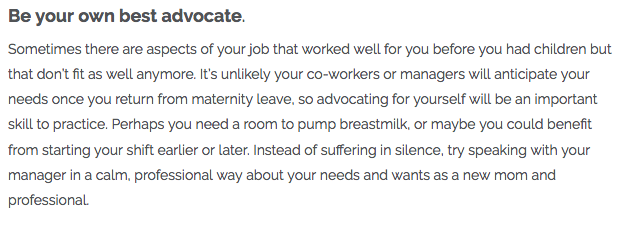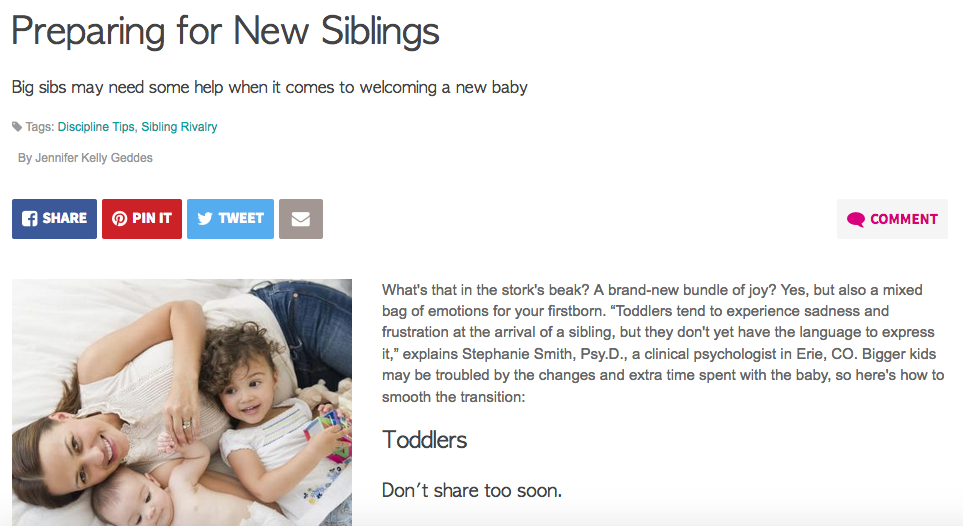Have you been reading the Colorado Sun? If you live in Colorado, I suggest you check it out. Here’s a a bit about them from their site:
“The Colorado Sun is a journalist-owned, ad-free news outlet based in Denver but which strives to cover all of Colorado so that our state — our community — can better understand itself.”
Recently, the folks over there published a story about a “conversion therapy” bill that had been introduced to the Colorado Legislature. I thought the reporting was great, but they missed a mental health professional’s perspective on why Sexual Orientation Change Efforts (SOCE) are not only unhelpful, but also damaging. So I wrote a letter to the editor. Here it is:
Dear Editor:
I am writing to add some information to the article Colorado lawmakers for a fifth — and likely final — time will weigh whether to ban gay “conversion therapyâ€
While I appreciate the balanced approach you attempted to take in explaining the history and effects of “conversion therapy,†I think you missed an important voice: licensed mental health professionals who have long been opposed to the practice.
Sexual orientation change efforts (SOCE, also commonly known as “conversion therapyâ€) operate under the assumption that there is something wrong, bad, abnormal or disordered about identifying as lesbian, gay or bisexual. In fact, the American Psychiatric Association’s Diagnostic and Statistical Manual of Mental Disorders (the gold standard in mental health diagnoses) stopped identifying homosexuality as a mental health disorder in 1973. Since 1973, all mainstream health and mental health organizations (American Academy of Pediatrics, American Psychological Association, etc) have come to understand that lesbian, gay, bisexual and questioning adolescents are simply a part of the normal spectrum of human sexual expression.
But not only does every health and mental health organization oppose SOCE, I, as a clinical psychologist have seen first hand the harm lack of support, understanding and evidence-based mental health treatment can do to a young person struggling to understand who they are. Shame, guilt, low mood, anxiety, self doubt, trouble concentrating – these are all potential outcomes for a young person who is told they aren’t “normal,†“healthy,†or worthy of respect and acceptance exactly as they are. Sadly, this is exactly the message SOCE sends.
Adolescents who identify with a same sex orientation or are questioning their sexual identity can face enormous challenges – during a time in life when things are already pretty hard. In addition to trying to figure out everyday things associated with adolescence: What classes to take, how to get homework done, what to do after high school, who to hang out with – they can also be met with lack of support (at best), discrimination, prejudice and violence (at worst) by family, friends, and community members. We know youth who identify as lesbian, gay and bisexual have higher rates of substance abuse, emotional distress and suicide attempts. We also know that some of the reason for this is because of the lack of support and genuine acceptance these kids find in homes, schools and society as a whole. We, as adults and caregivers, need to do all we can to guarantee that these kids will have access to safe places to express themselves and receive appropriate, effective mental health care that will be accepting of all pieces and parts of the wide range of human sexual expression.
Respectfully,
Stephanie S. Smith, PsyD
Licensed Psychologist





















